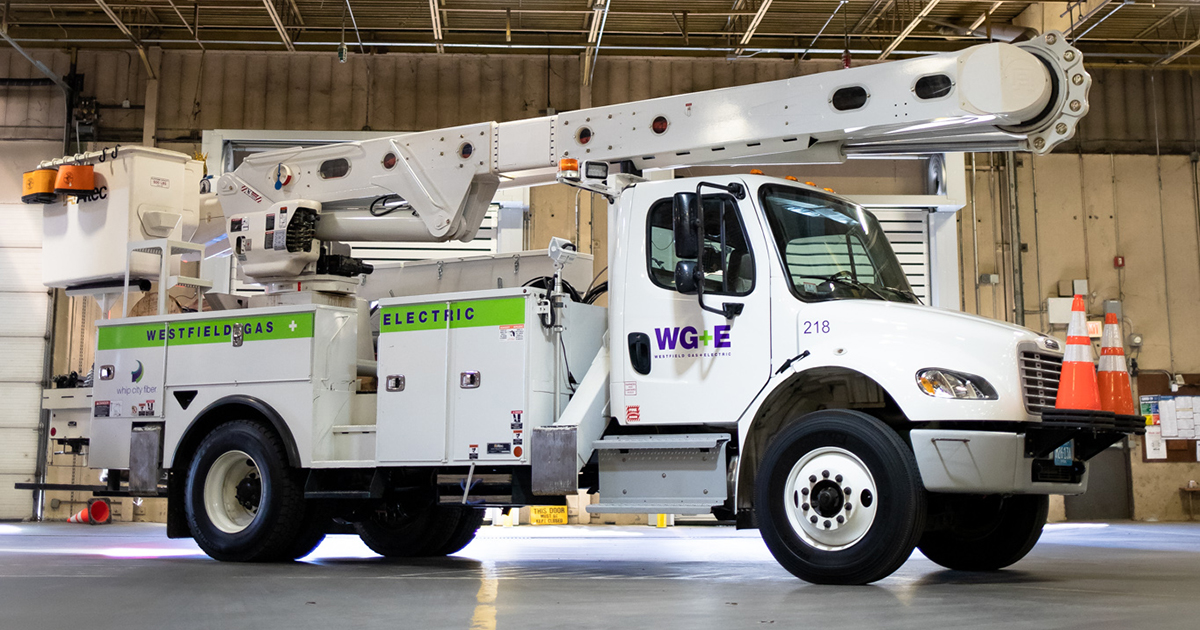
With the onset of colder weather, there is an increased risk associated with carbon monoxide (CO), which can build up quickly in enclosed spaces. Westfield Gas + Electric wants to make sure you know about the dangers of CO and how you can protect against CO poisoning.
Carbon monoxide is an odorless, colorless gas produced when any fuel, such as natural gas, oil, propane, kerosene, gasoline, wood, or charcoal is burned. Improperly ventilated heating systems, appliances, and engines, particularly in tightly sealed or enclosed space, may allow CO to accumulate to dangerous levels. Because you can’t see it, smell it, taste it, or hear it, carbon monoxide is extremely hazardous. Every year, hundreds of people die in the U.S. from accidental CO poisoning, and thousands more end up in hospital emergency rooms.
Unless suspected, CO poisoning can be difficult to diagnose because the symptoms mimic other illnesses, especially the flu and COVID-19. Common symptoms of CO poisoning include headache, dizziness, weakness, nausea, vomiting, chest pain, and confusion. Higher levels of CO inhalation can lead to loss of consciousness and death. People who are sleeping or intoxicated can die from CO poisoning before ever experiencing symptoms. Having CO detectors in your home provides the best protection from this silent killer.
Install detectors on every level of your home and within 10 feet of bedroom doors. Change the batteries every six months and replace detectors every five to seven years or at manufacturer’s recommendation. Remember, CO is odorless and colorless, so you must rely on a detector to warn you of the presence of this harmful gas.
Have your oil or gas-burning furnace inspected yearly. Before a snowstorm, locate all exhaust pipes or vents that exit your home through an exterior wall and don’t allow snow to block those vents. Only use portable generators outside, and keep them at least 20 feet away from home, doors, and windows, keeping all doors and windows closed. And never leave a vehicle, snow blower, or other gasoline-powered engine to idle inside a garage attached to a house, as dangerous levels of CO can drift into the home.
Carbon Monoxide safety is important and should be practiced year-round. If your detector sounds an alarm, do not assume it is defective. If you suspect poisoning, get fresh air immediately and call for help, either to WG+E Emergency Dispatch at 413-572-0000, or 911. For more information, visit our Carbon Monoxide Safety page.


